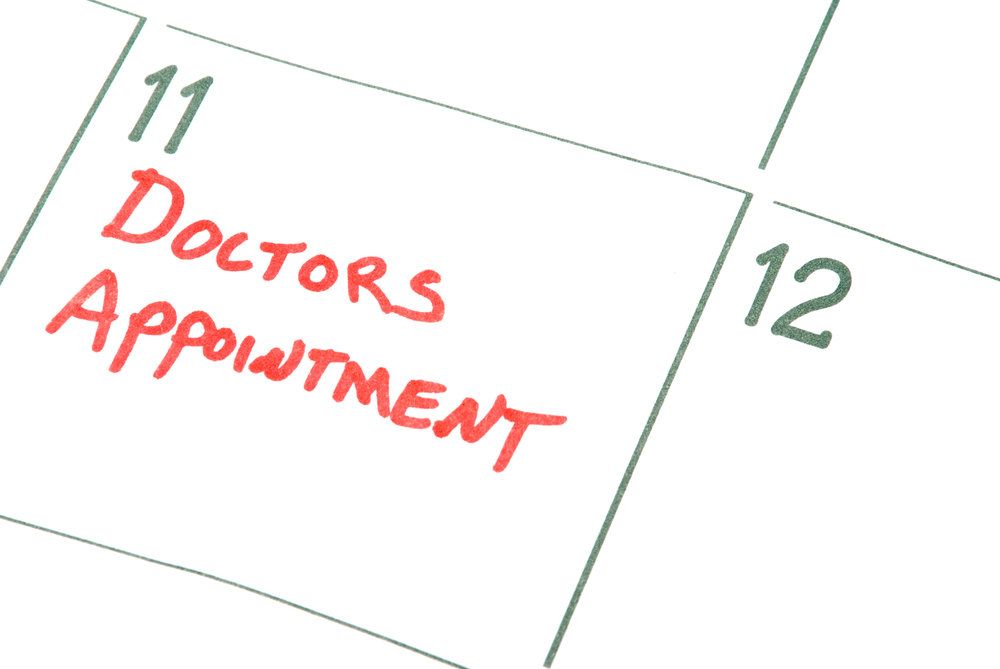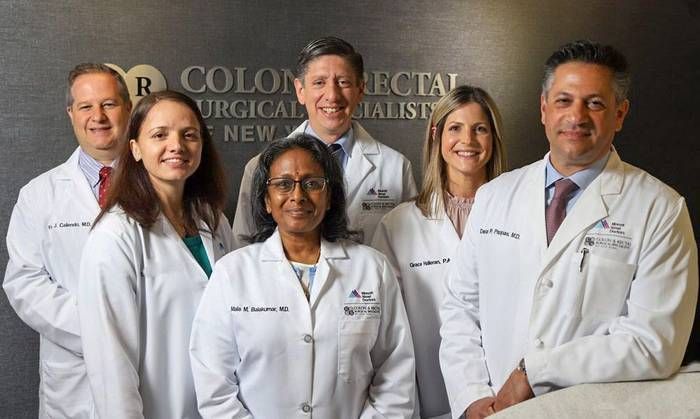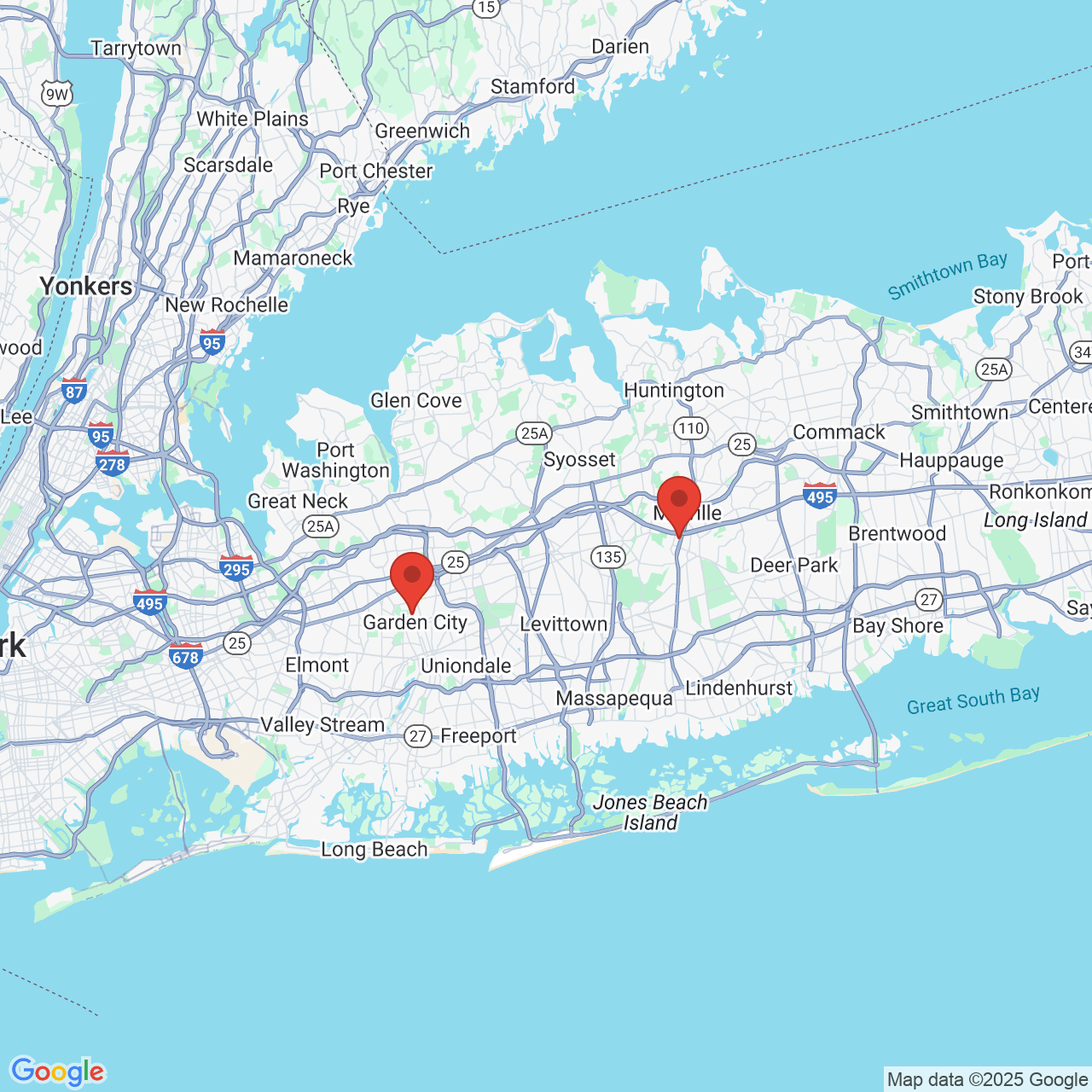
BY DEAN PAPPAS M.D.
Tissue irritation in and around the buttocks can be uncomfortable and embarrassing. It can make sitting difficult and make you feel self-conscious about your body. The Colon & Rectal Surgical Specialists of New York understand the nuances of colorectal conditions, so they can help identify and remedy these issues. Our experienced doctors have undergone extensive training in this field to help patients enjoy outstanding colon, rectal, and general health. Unfortunately, there are many things that can go wrong in this area of the body, from organ inflammation to chronic infection. For example, we often treat pilonidal disease at our Long Island practice. Read on to learn more about this condition and how we help our patients remedy it to improve their quality of life.
What Is Pilonidal Disease?
Pilonidal disease is a low-grade, persistent infection in the buttock crease, typically characterized by cysts, which are small, fluid-filled growths. These cysts and the tissue around them may become swollen, red, and infected, creating an abscess. Most often, pilonidal disease occurs in irritated or ingrown hair follicles. Severe pilonidal disease typically manifests in the formation of a large, uncomfortable abscess at the top of the buttock fold, near the tailbone.
Who Is at Risk?
Anyone can develop pilonidal disease, but you may be at higher risk for this condition if you:
- Are male. Most pilonidal disease sufferers are young men.
- Spend prolonged periods of time sitting. Bicyclists, truck drivers, and horseback riders are more vulnerable to pilonidal disease.
- Are obese. Excess fat in the buttock region does not allow sufficient airflow to the tissue and allows sweat to accumulate there, making it an ideal breeding ground for bacteria. In addition, overweight patients may have greater difficulty cleaning this area, exacerbating the issue.
- Have a lot of long, thick body hair in your buttock area. These hair follicles can form cysts and the hair itself may irritate the tissue.
- Do not maintain proper bodily hygiene. You should thoroughly wash this region of the body at least once per day to keep it clean and sterile.
In its earlier stages, pilonidal disease often presents no symptoms, so if you fall into any of the above categories, you should be especially conscientious about cleansing your buttock regularly and looking for signs of cysts.
Symptoms of Pilonidal Disease
You may suffer from pilonidal disease without realizing it until this condition becomes severe enough to cause discomfort. The most common symptoms of pilonidal disease include:
- Inflammation
- Redness
- Small bumps along the buttock crease
- A larger, sensitive pink or red growth along the fold or near the tailbone
- Pus, blood, or liquid oozing from cysts or abscesses
- A poor smell from the infection
- Discomfort when sitting, resting against the tailbone, or walking
If you suffer from any of the above, do not hesitate to contact us for a consultation. We can typically diagnose pilonidal disease with just a simple, minimally invasive examination.
Our Treatment Options
We offer a variety of treatments for pilonidal disease. If you develop cysts and irritation, but your skin is not infected, we may recommend making small modifications to your hygiene routine, such as shaving your buttock hair once per month, cleaning the region daily, drying it thoroughly, avoiding sitting for long periods of time, and wearing more breathable clothing. However, if your cysts become infected, our specialists may need to create small incisions in the abscesses to drain and clean them. We may recommend surgically removing your cysts if your infection recurs.
Contact the Colon & Rectal Surgical Specialists of New York
If you suffer from pilonidal disease, we can help. To find out more about this condition or schedule a consultation with one of our specialists, contact our practice today.


